Have you ever been fascinated by your favorite crime drama and wondered what it would be like to work in law enforcement or help victims of crime?

If you have a degree in criminology, there are many exciting career paths that allow you to make a real impact on society. Whether you're interested in helping people affected by crime, protecting the public, or working in the justice system.

Discover 3 of the most exciting job opportunities for criminology graduates and pave your own path toward a fulfilling and rewarding career!
1. Law Enforcement Officer
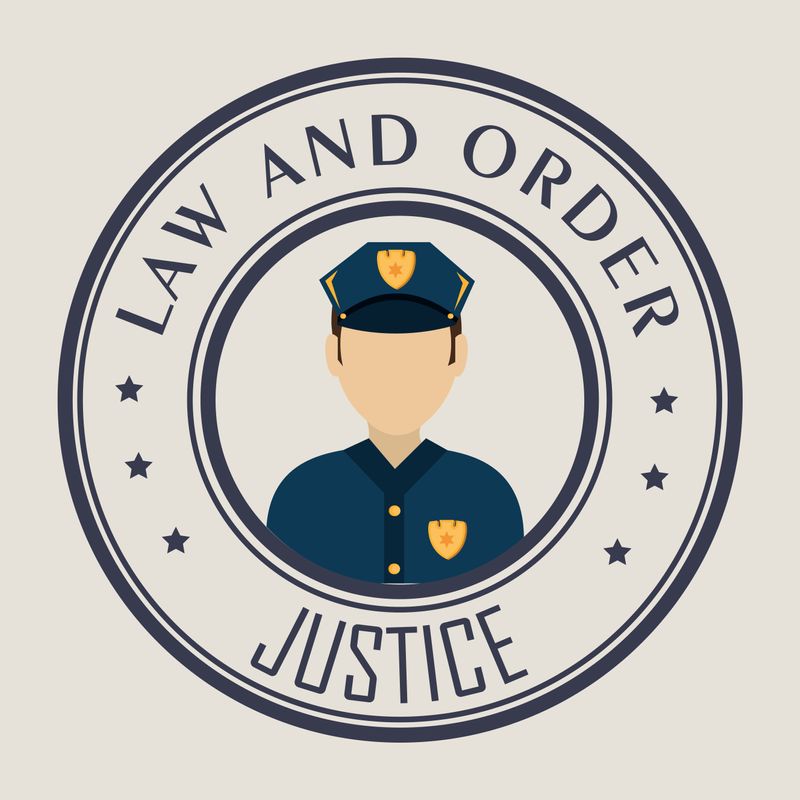 Image by studiogsock on Freepik
Image by studiogsock on Freepik
Working as a law enforcement officer offers a wide range of possibilities for you to make a real difference in people's lives! You can choose to work in local, state, or federal agencies, and the work can range from assisting with emergency response situations to investigating complex crimes.
Skills required to become a law enforcement officer include:

Excellent communication and interpersonal skills
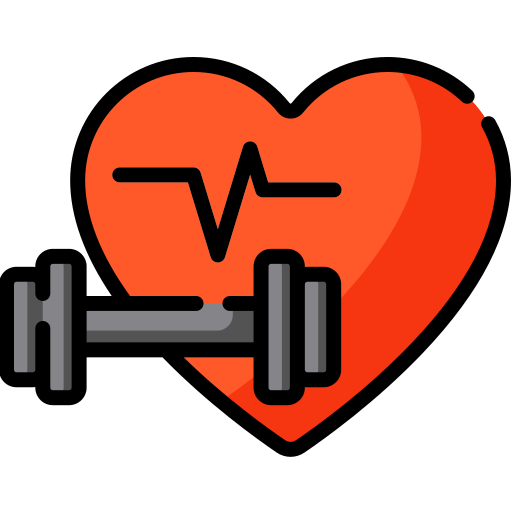
Commitment to physical fitness and stamina

Critical thinking and problem-solving skills

Knowledge of criminal law and procedures
Although only an associate's degree is needed for police officers, many positions in the law enforcement field need work experience for promotion.
For example, to be promoted to a detective, a police officer may need several years of experience working in a specialized unit like homicide or narcotics. Without this experience, it may be difficult to stand out among other candidates.
So even if you have a degree in criminology, gaining experience and specialized skills is important for advancing in the law enforcement field.
Here are the ranks you can work towards with a career in law enforcement:
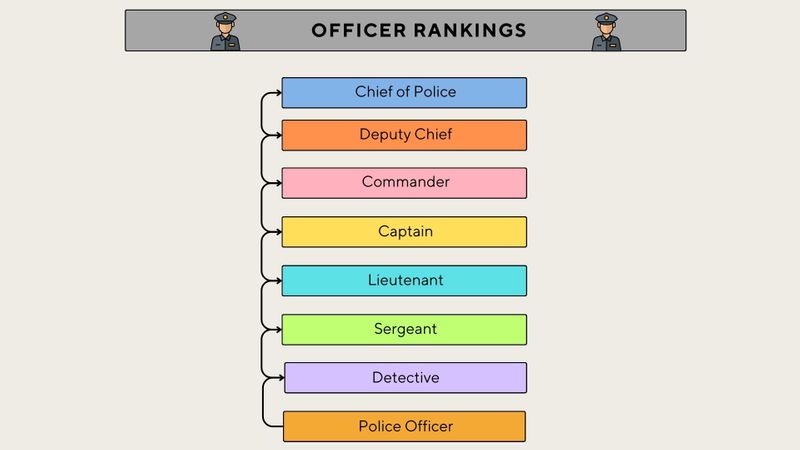
To hear an audio description of the chart above, click the play button on the audio player below:
Learn more about the responsibilities of each role here.
2. Crime Analyst
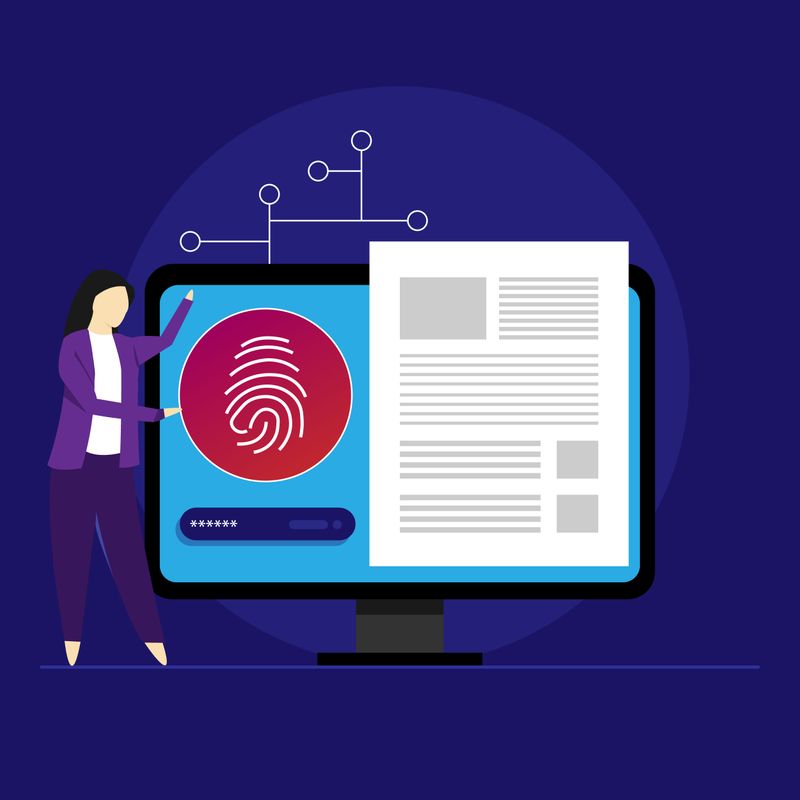 Image by swara481 on Freepik
Image by swara481 on Freepik
A crime analyst is a fascinating career option for criminology graduates! As a crime analyst, you get to:
Dive into crime data to find hidden patterns and trends.
Use tools such as statistical software to study data and present your findings. For example, crime analysts often use social network analysis to assist investigations.
Create plans to fight crime and reduce criminal behavior.
Here are several skills you must have to excel as a crime analyst:

Strong investigative skills

Sharp attention to detail

Strong writing skills for clear reports

Persistence
To excel as a crime analyst, it's important to invest time in developing these and other new skills through continuous training. This will help you gain recognition for your expertise in the field and opens up other promising career paths and opportunities.
For example, to progress from a crime analyst to an intelligence analyst, you will need to learn how to use tools to analyze lots of different kinds of data. This will help you find patterns and understand what the data is telling them.
This enables you to become a more well-rounded professional and opens up new career opportunities.
Here is a flowchart of jobs you can work toward after becoming a crime analyst:
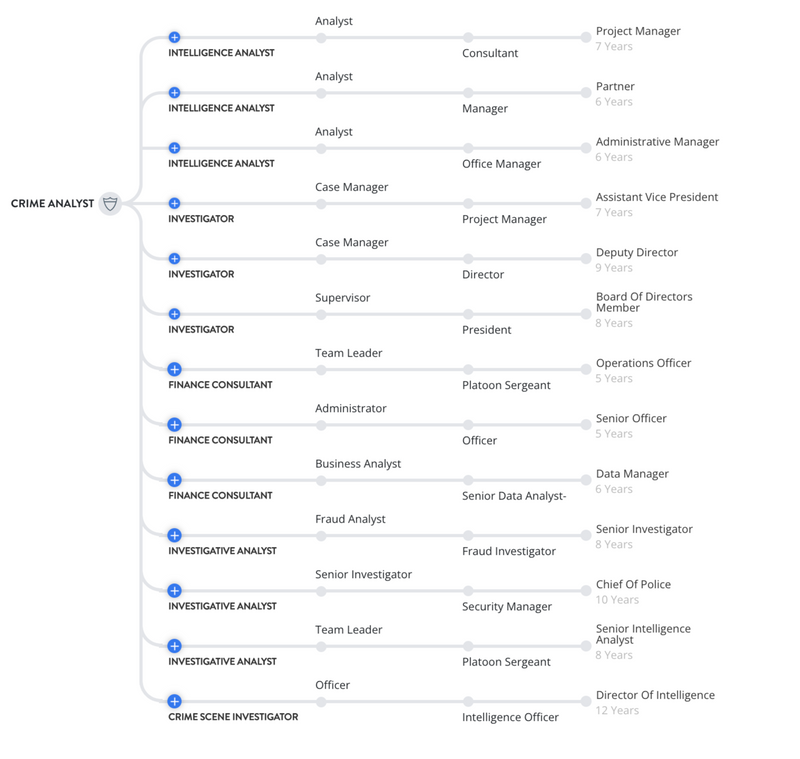 To hear an audio description of the chart above, click the play button on the audio player below:
To hear an audio description of the chart above, click the play button on the audio player below:
Click here to interact with an accessible version of the flowchart and learn more about each job and its responsibilities.
3. Victim Advocate
 Image by Pch.Vector on Freepik
Image by Pch.Vector on Freepik
A victim advocate provides support and assistance to victims of crime or abuse, helping them navigate the legal system and connect with resources for healing and recovery.
They may also educate the community and promote awareness of issues related to victimization.
 Photo by Kelly Sikkema on Unsplash
Photo by Kelly Sikkema on UnsplashVictim advocates have the power to bring about a significant positive impact in the lives of those they serve. By offering expertise and compassionate support, you can empower victims to overcome trauma and rebuild their lives with a newfound sense of security and justice.
To provide the best support possible, it's important for victim advocates to possess certain skills, such as:
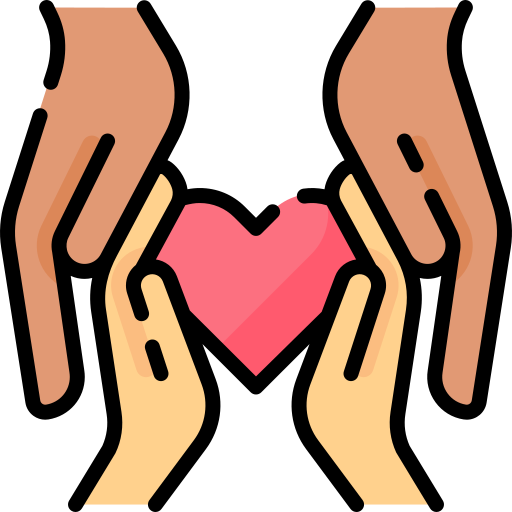
Empathy and compassion

Attentive listening

Strong organizational skills to manage case details

Negotiation skills to advance victim's rights

Counseling to support the emotional well-being of victims

Teamwork to collaborate on victim care with other legal professionals
Just like law enforcement and crime analysts, you'd also need to continue learning and improving your skills through education and training to advance in your career as a victim advocate.
Here is a flowchart of the positions you can work toward within the field:

To hear an audio description of the chart above, click the play button on the audio player below:
Click here to interact with an accessible version of the flowchart and learn more about each role and its responsibilities.
Subscribe for more quick bites of learning delivered to your inbox.
Unsubscribe anytime. No spam. 🙂
Quiz Time!
 Image by Golub Alexandra on Freepik
Image by Golub Alexandra on Freepik
John has just completed his degree in criminology and is considering different career paths. He is passionate about supporting victims of crime and wants to help make a positive impact in his community.
During John's time in school, he worked as a volunteer at a local victim services agency and gained valuable experience working with victims of domestic violence.
Quiz
Which career path would be most suitable for John?
Take Action
 Image from Freepik
Image from Freepik
Are you ready to unlock your potential with your degree in criminology?
Your feedback matters to us.
This Byte helped me better understand the topic.
